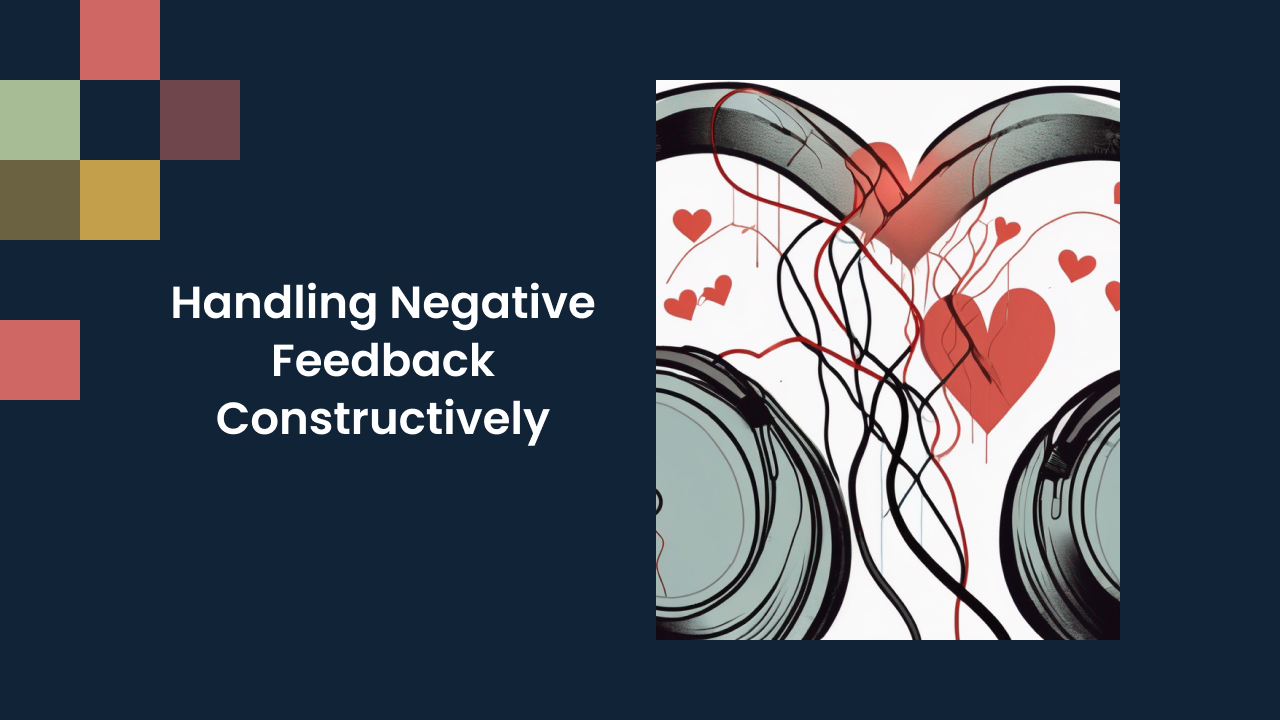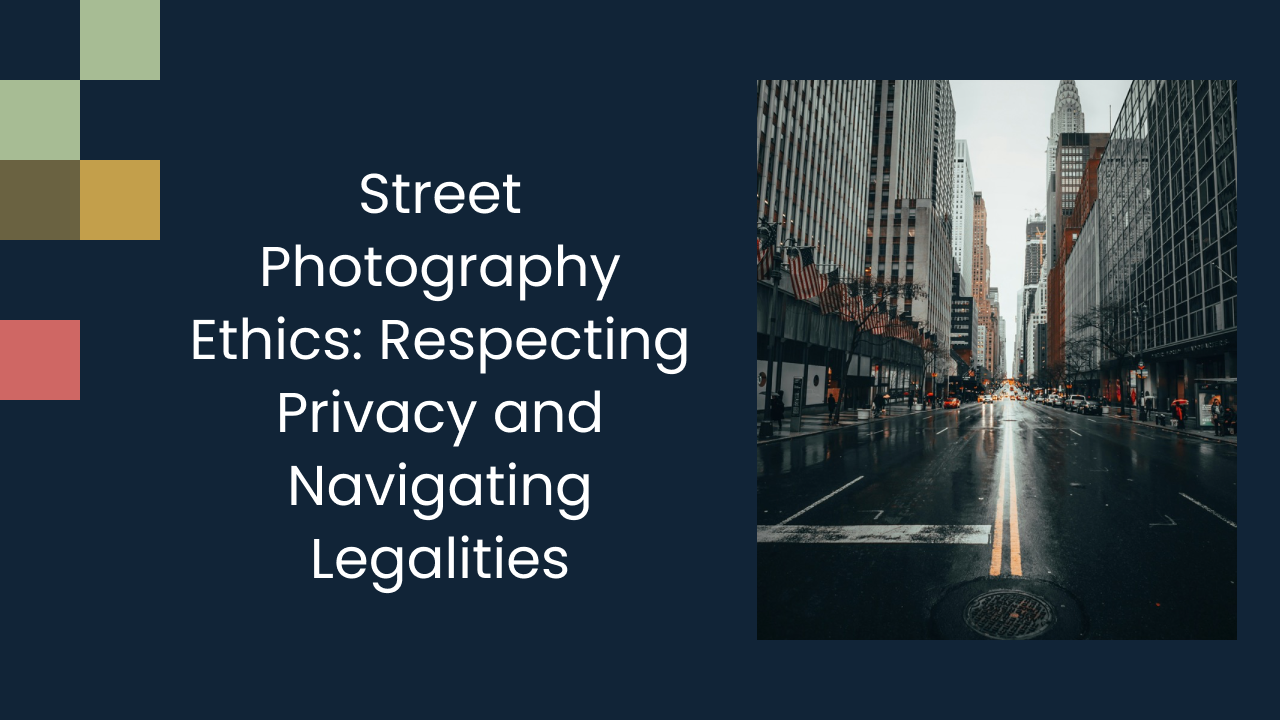Handling Negative Feedback Constructively
Negative feedback can be difficult to handle. However, a constructive approach to feedback can lead to personal and professional growth. In this article, we will explore the nature of negative feedback, the importance of emotion management, techniques for constructive reception, turning feedback into improvement opportunities, and maintaining professional relationships. By understanding and implementing these strategies, individuals can transform negative feedback into a catalyst for success.
Understanding the Nature of Negative Feedback
Negative feedback can trigger a range of emotions and reactions. It's crucial to delve into the psychology behind negative feedback to develop a constructive mindset. By understanding that feedback is not a personal attack, individuals can view it as an opportunity for growth. It's important to differentiate between constructive criticism and negative feedback, as the former aims to help individuals improve while the latter focuses on highlighting flaws without providing solutions.
When receiving negative feedback, it's essential to approach it with an open mind and a willingness to learn. Embracing feedback, whether positive or negative, is a sign of maturity and a growth-oriented mindset. Negative feedback, when taken constructively, can provide valuable insights into areas that need improvement and can lead to personal and professional development.
Moreover, it's important to remember that giving negative feedback also requires tact and empathy. Providing feedback in a respectful and considerate manner can enhance its effectiveness and ensure that the recipient is more receptive to the suggestions for improvement. By fostering a culture of open communication and feedback, individuals and organizations can create an environment that values continuous learning and development.
The Importance of Emotion Management in Handling Feedback
Emotion management plays a vital role in handling feedback constructively. When faced with criticism, individuals can control their emotional responses by taking a step back and reflecting on the feedback. Developing emotional intelligence allows individuals to analyze feedback objectively, separating their emotions from the assessment. By managing their emotions effectively, individuals can receive feedback without becoming defensive or overwhelmed.
Controlling Emotional Responses to Criticism
When receiving negative feedback, it's natural for emotions to arise. However, it's essential to control emotional responses to ensure a constructive approach. Taking deep breaths, practicing mindfulness, and understanding that feedback is a chance to learn can help individuals maintain composure. By acknowledging their emotions and channeling them into motivation, individuals can navigate criticism more effectively.
The Role of Emotional Intelligence in Feedback Reception
Emotional intelligence is crucial in effectively receiving and processing feedback. By recognizing and understanding their emotions, individuals can evaluate feedback objectively. Emotional intelligence allows individuals to consider the perspective of the feedback provider, helping them gain valuable insights. Developing emotional intelligence empowers individuals to perceive feedback as an opportunity for self-improvement rather than as a personal attack.
Furthermore, emotion management plays a significant role in maintaining healthy relationships in the workplace. When individuals can control their emotional responses to feedback, it fosters a more open and collaborative environment. By managing their emotions effectively, individuals can engage in productive discussions and work towards collective growth.
In addition to fostering better relationships, emotion management also enhances personal growth and resilience. When individuals can separate their emotions from the feedback, they can objectively assess their strengths and weaknesses. This self-reflection allows individuals to identify areas for improvement and develop strategies to enhance their performance. By embracing feedback with emotional intelligence, individuals can continuously grow and adapt to new challenges.
Techniques for Constructive Reception of Negative Feedback
Receiving feedback constructively requires active listening and interpretation. By practicing these techniques, individuals can extract the essence of the feedback and implement necessary changes.
Constructive feedback is a valuable tool for personal and professional growth. It provides an opportunity for individuals to gain insights into their performance, behavior, and areas for improvement. Embracing negative feedback with an open mind can lead to transformative changes and enhanced self-awareness.
Active Listening and Feedback Interpretation
Active listening involves fully engaging with the feedback provider, demonstrating interest and attention. By giving the feedback provider their full focus, individuals can better understand the perspective behind the criticism. Furthermore, actively interpreting the feedback allows individuals to extract valuable insights, separating subjective opinions from objective observations.
Effective feedback interpretation goes beyond surface-level understanding. It involves delving deep into the underlying reasons for the feedback and identifying patterns or recurring issues. By analyzing feedback trends over time, individuals can pinpoint areas that require consistent improvement and track their progress towards addressing them.
The Art of Responding, Not Reacting
Reacting impulsively to negative feedback can hinder growth. Therefore, responding thoughtfully is crucial. Individuals should take the time to consider the feedback and formulate a response that demonstrates their willingness to learn and improve. By responding instead of reacting, individuals can maintain professionalism and foster a positive environment for feedback exchange.
Responding to feedback in a constructive manner involves acknowledging the validity of the points raised, even if they are difficult to hear. It requires humility and a growth mindset to accept feedback gracefully and use it as a springboard for development. By viewing feedback as a gift rather than a criticism, individuals can reframe their perspective and embrace continuous learning and improvement.
Turning Negative Feedback into Improvement Opportunities
Transforming negative feedback into improvement opportunities is a powerful way to grow personally and professionally. It allows individuals to harness constructive criticism and turn it into a catalyst for positive change.
Receiving negative feedback can be initially disheartening, but viewing it as a chance for growth reframes the narrative. Embracing feedback with an open mind and a willingness to learn demonstrates resilience and a growth mindset.
Identifying Areas for Growth
Negative feedback often highlights areas for improvement. Individuals should pay close attention to recurring themes in the feedback received. By recognizing these patterns, individuals can identify specific areas they need to work on and set actionable goals for growth. This process of self-reflection and introspection is essential for personal and professional development.
Moreover, negative feedback can shed light on blind spots that individuals may not have been aware of. By acknowledging and addressing these blind spots, individuals can enhance their self-awareness and become more effective in their interactions with others.
Creating a Personal Development Plan
A personal development plan provides a roadmap for growth. By outlining specific steps and timelines, individuals can track their progress and hold themselves accountable. Incorporating feedback into the development plan ensures that individuals prioritize the areas identified for improvement, making the most of negative feedback. This structured approach to growth enables individuals to turn feedback into tangible results and continuous improvement.
Furthermore, involving mentors or trusted colleagues in the development plan can provide additional insights and support. Seeking guidance from experienced individuals can offer fresh perspectives and valuable advice on how to address areas for growth effectively.
Maintaining Professional Relationships Amidst Negative Feedback
Handling negative feedback constructively is not only beneficial for personal growth, but also essential for maintaining professional relationships. In today's competitive and fast-paced work environment, it is inevitable that we will encounter criticism from our colleagues. How we navigate these difficult conversations can make all the difference in fostering trust and open communication.
Navigating Difficult Conversations with Colleagues
When faced with negative feedback from colleagues, it's important to approach difficult conversations with empathy and respect. Active listening, seeking clarification, and asking for specific examples can help individuals better understand the feedback and find common ground for improvement. It is crucial to remember that feedback is not a personal attack but an opportunity for growth. By maintaining a calm and open mindset, we can turn these conversations into valuable learning experiences.
Building Trust and Open Communication in the Workplace
Constructive handling of negative feedback fosters trust and open communication in the workplace. By demonstrating a willingness to listen, learn, and improve, individuals create an environment where feedback is valued and encouraged. Building trust allows for more constructive and honest feedback, leading to continuous growth and development.
Moreover, embracing negative feedback as an opportunity for growth can have a ripple effect on the entire team. When colleagues witness someone handling criticism gracefully and using it as a catalyst for improvement, it sets a positive example for others to follow. This creates a culture of continuous learning and development, where everyone feels safe to share their thoughts and ideas.
By approaching negative feedback constructively, individuals can turn it into a powerful tool for personal and professional growth. Understanding the nature of negative feedback, managing emotions effectively, implementing techniques for feedback reception, and transforming criticism into improvement opportunities can result in overall development and the strengthening of professional relationships. Embracing negative feedback as an opportunity for growth is a valuable mindset that can lead to long-term success.
Looking for an easier way to manage and grow your studio? Experience a platform built by a photographer, for photographers. Try it free for 2 weeks.











